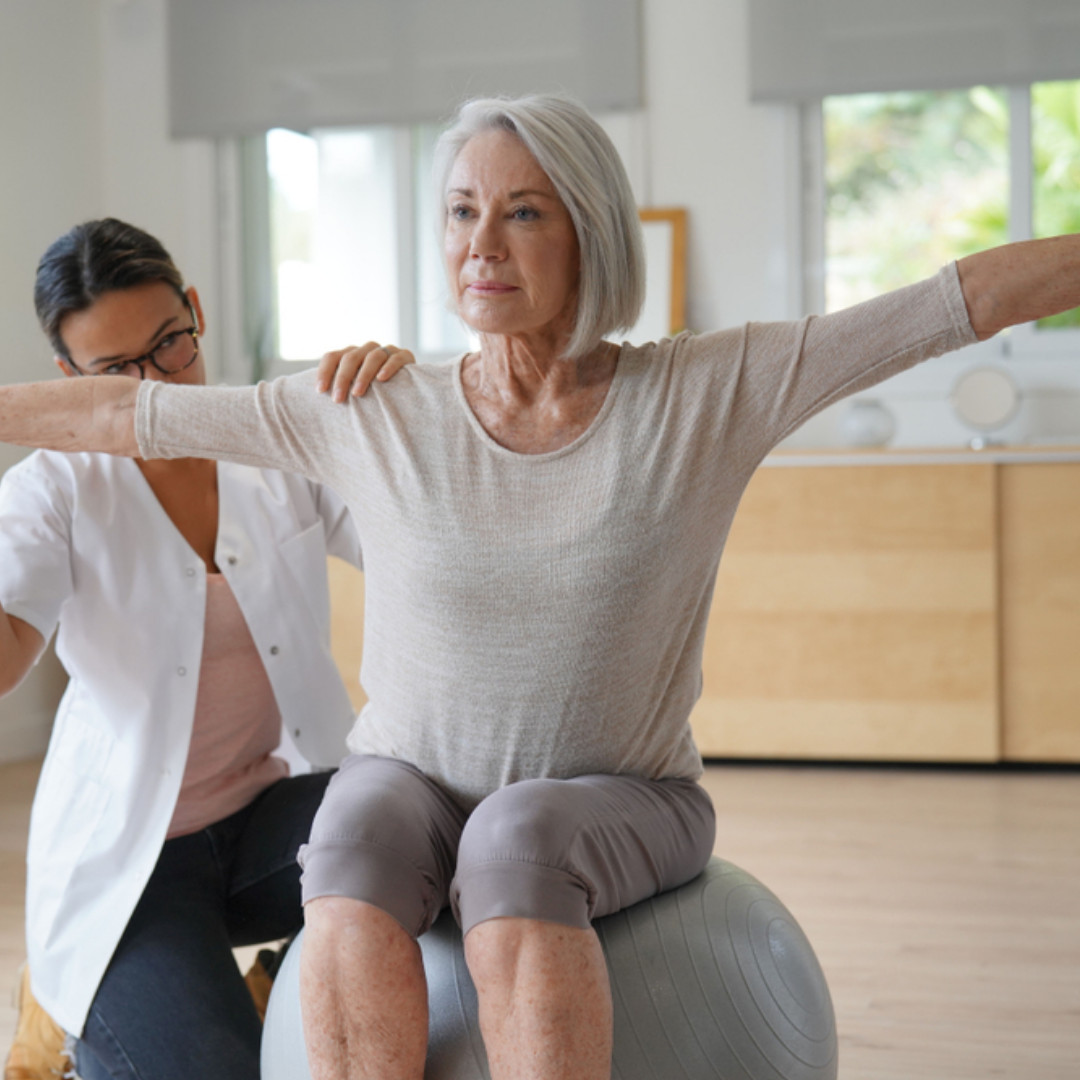Having balance issues or tripping and falling can lead to serious bodily injury. In fact, according to the CDC, more than three million adults over the age of 65 are treated in emergency departments each year due to falls. Out of those three million, one-fifth will result in serious bodily injuries such as a broken bone or head trauma.
Assessing your fall risk—and the risk of your family members—can prevent injury and a trip to the hospital. Below we’ll discuss tips for fall prevention, how to care for family members who are high-risk, and how physical therapy can help.
What Is A Fall?
According to the American Physical Therapy Association (APTA), a fall is defined as unplanned and unexpected contact with a surface, such as a floor or piece of furniture. This does not include falls due to pushing, shoving, or a medical event such as fainting.
Who Is At Risk?
While it’s true that most falls occur among older adults, they aren’t the only ones who need to be cautious of falls. There are numerous factors that will put you at a fall risk, including:
- History of a previous fall
- Consuming more than three medications at a time
- Poor eyesight
- Recent hospitalization
- Difficulty with balance
- Limited flexibility
- Sedentary lifestyle
- Medical complications related to heart disease, diabetes, Alzheimer’s, or Parkinson
- Arthritis or joint pain
This is by no means an exhaustive list, but if you or someone you care for belongs to one of the above groups, it’s crucial to educate yourself on fall prevention.
Preventing Falls
If you or someone you care for is at risk of falling, there are a few things that can help:
Talk To Your Doctor
When visiting your doctor, ask them about physical therapy. At PhysioHealth, Dr. Chris Gomes will evaluate your mobility, use standardized measurement tools to assess your fall risk, and discuss with you specifics on how to eliminate your chances of falling.
Wear Proper Footwear
Wearing the proper footwear will make a big difference in your balance. Be sure to wear shoes that are stable and comfortable when walking and exercising. Proper footwear is even more critical if you have neuropathy and experience reduced sensation in your feet.
Don’t Skip Your Eye Exam
Poor vision can contribute to falls, so be sure to have your eyes checked at least once a year. If your vision is compromised, be sure to wear the proper glasses or contact lenses so you can see.
Make Your Home Safer
Ensure railings are installed on all staircases, clear walkways of clutter to prevent tripping, add grab bars in your bathroom if necessary, and use non-slip mats in bathtubs.
Strengthening
Specific exercise and program design can help keep your balance in check. Engaging in regular exercise is a great way to keep you healthy and build strength.
Physical Therapy and Fall Prevention
Work one-on-one with Dr. Chris Gomes at PhysioHealth PT to improve your balance and prevent falls. Depending on your goals, Dr. Chris Gomes will design a specific program with clear direction to keep you or your loved-one safe from falls.

Ready To Get Started?
Dr. Christopher Gomes specializes in fall prevention. Contact PhysioHealth PT today to schedule an evaluation.
About Us
PhysioHealth Physical Therapy was founded by Dr. Christopher Gomes, DPT, OCS, CSCS. Our clinic provides specialized care within a friendly and professional environment. At PhysioHealth you will receive one-on-one treatment that is evidence-based and personalized to meet your goals. You will always receive comprehensive education on your injury and recovery plan in order to maximize your knowledge and results.

